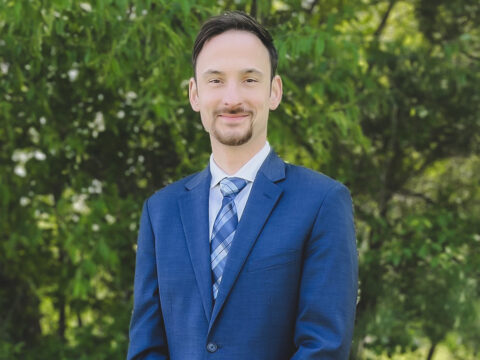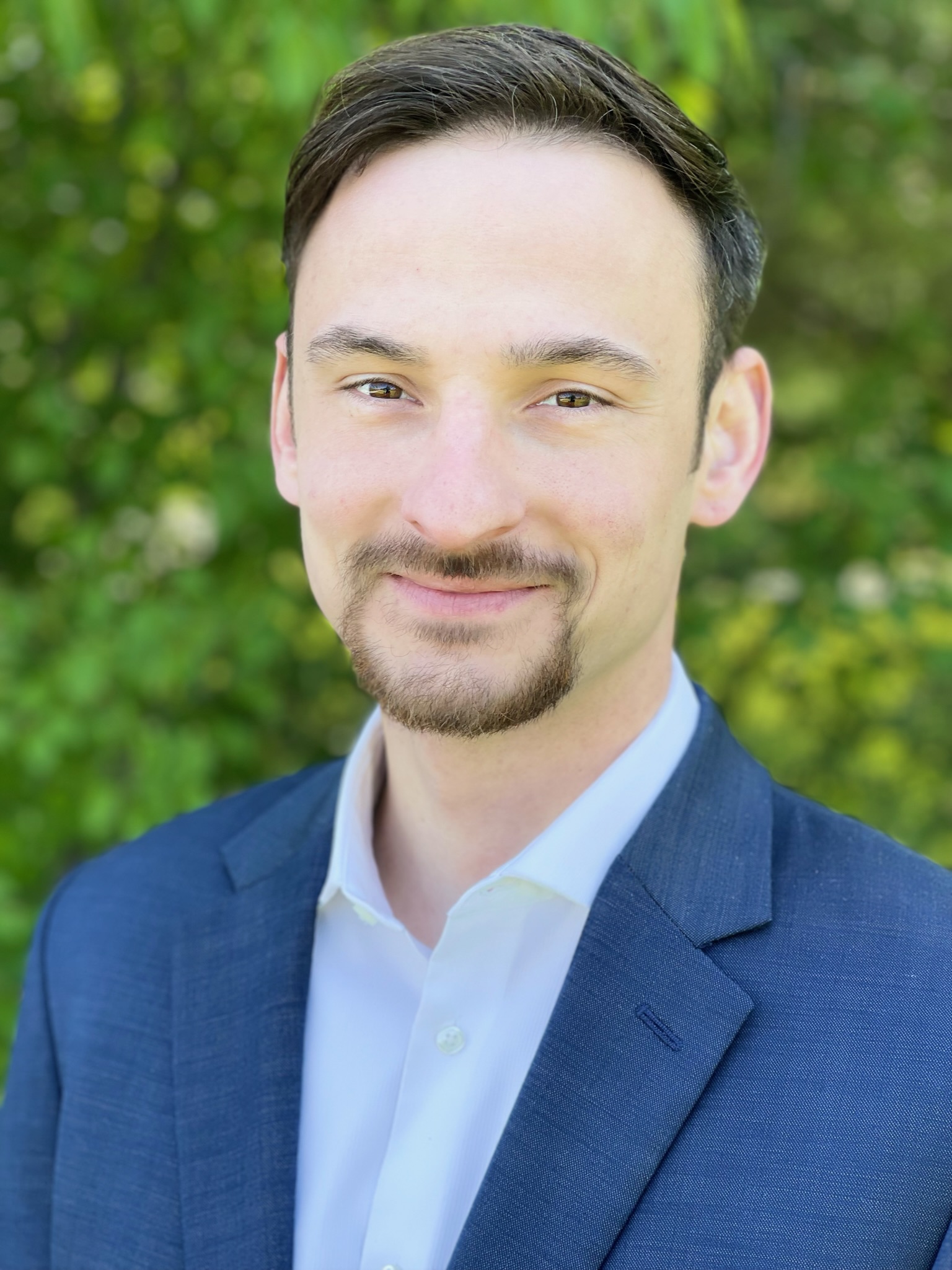A federal lawsuit seeks to stop a 2024 ballot initiative from placing blatantly unconstitutional limits on Mainers’ free speech rights.
Attorneys from the Institute for Free Speech and local counsel Joshua D. Dunlap of Pierce Atwood LLP filed a federal lawsuit in the U.S. District Court for the District of Maine on behalf of Dinner Table Action and For Our Future, two Maine political action committees (PACs), and Alex Titcomb, who leads both PACs.
The suit challenges Maine’s newly enacted restrictions on contributions to independent expenditure groups, sometimes called “Super PACs.” The lawsuit also challenges unconstitutional requirements that force the disclosure of all donors who contribute toward independent expenditures, regardless of amount.
Question 1, passed by voters in 2024, imposes a $5,000 limit on contributions to such groups. The measure—also known as the “Act to Limit Contributions to Political Action Committees That Make Independent Expenditures”—directly contradicts established U.S. Supreme Court precedent, as well as numerous subsequent decisions by multiple federal courts of appeal.
Thirty federal appellate judges have considered such limits, and all 30 reached the same conclusion: contribution limits cannot be applied to independent expenditure groups.
Meanwhile, the law’s broad disclosure requirement threatens to chill the speech and damage the associational rights of donors who wish to maintain their privacy when participating in the political process. Under current law, donors contributing less than $50 to candidates or political committees can do so without public disclosure of their identity. The new law would force disclosure of all contributors to independent expenditures, regardless of amount, a change that multiple donors have specifically told the plaintiffs would stop them from participating in the political process.
The suit also challenges the law’s unequal treatment of PACs and party committees. While independent expenditure PACs would face strict contribution limits, party committees could continue to raise unlimited funds for the same purpose. This means that a law that limits contributions to a citizens’ PAC to just $5,000 would simultaneously allow party bosses to collect and spend unlimited amounts on independent expenditures.
On December 20, 2024, the state of Maine consented to the restrictions being held in abeyance pending a trial in March, read the press release on the agreement here.
To read the full complaint in the lawsuit, Dinner Table Action, et al. v. Schneider, et al., click here. To read the full press release about the filing of the suit, click here.

















